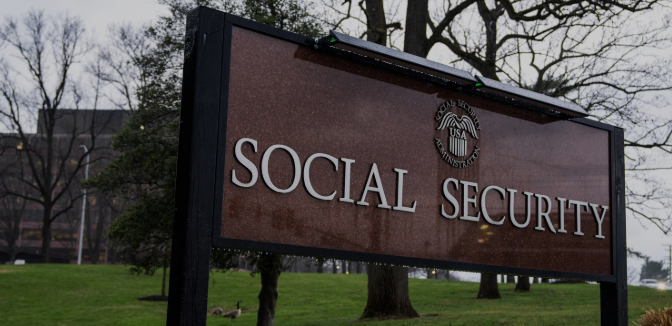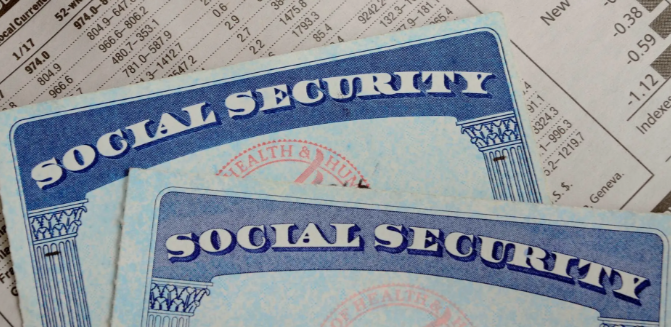The Social Security Fairness Act 2025 has become a hot topic online, especially with tax season looming. While it might seem like good news to get extra money from Social Security, the real impact depends on how and why you received it. With rising fraud cases and changing rules, it’s more important than ever to stay informed.
Sometimes, an unexpected boost in your Social Security check may simply be a clerical error. If that’s the case, it could cause significant problems later on. That’s especially true now, as updates under the Trump administration have reversed previous changes made during Biden’s term. But if the increase stems from a cost-of-living adjustment (COLA) or a law like the Social Security Fairness Act 2025, there’s generally no need to worry.

Social Security Fairness Act 2025 and Overpayments
According to AOL, when Social Security overpays recipients, the government has the authority to recover that money. In the past, the Social Security Administration (SSA) could take up to 100% of your benefit until the overpaid amount was fully recovered. To put it simply, if you usually got $2,000 per month and suddenly received $4,000 one month, you might not get a check the following month at all.
This was revised during the Biden administration to protect recipients. They introduced a rule that limited repayments to just 10% of monthly benefits or a minimum of $10. However, starting March 27, 2025, the Trump administration rolled back that rule, allowing the SSA to reclaim up to 100% again. Keep in mind, any overpayment before that date, and SSI (Supplemental Security Income) overpayments, will still observe the 10% cap.
If you realize you were overpaid, you have 30 days to return the money. If paying it back isn’t possible, you can request a waiver. Approval is tough, though—you’ll need to show documentation proving you weren’t at fault and can’t afford to repay.

Social Security Fairness Act 2025 and Retirement Planning
Understanding the Social Security Fairness Act 2025 is vital not just for resolving overpayments, but also for planning a secure retirement. For reference, as of April 2024, the average Social Security check for retirees was $1,920.48. But there are ways to boost that amount.
One method is delaying your retirement beyond the official age of 66. By working until age 70, your benefits can grow by 8% each year thanks to delayed retirement credits. That’s a smart move for many seniors wanting to increase their monthly income and ensure a stable future.
If you ever suspect an issue with your payments, visiting your local Social Security office with proper documentation is the best first step. Appealing or clarifying with an official could save you both money and stress.
Source: www.inquisitr.com



